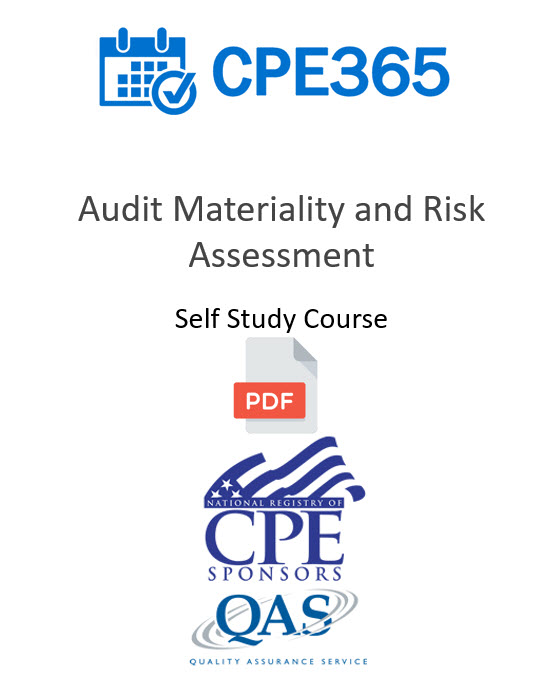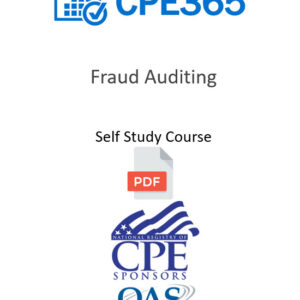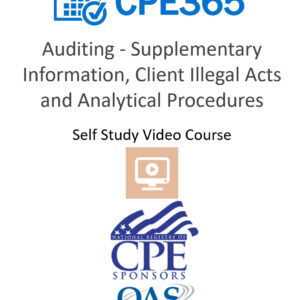Audit Materiality and Risk Assessment (v22) – Self Study Course
$20.95
Every audit requires planning. Audit planning requires evaluating materiality and risk. Both materiality and risk evaluation require judgement from the auditor because both concepts directly impact the auditor’s planned audit evidence. Materiality is important because the auditor provides assurance to financial statement users that the financial statements are free of material misstatements. This requires the auditor to develop a preliminary judgment about materiality when planning the audit, which will provide the basis for that important assurance. In addition, the auditor must consider risk to effectively address the most appropriate risks for each engagement. The auditor’s understanding of the entity and its environment, including its internal control, provide a basis for the auditor’s assessment of the risk of material misstatement. Using the audit risk model and tolerable misstatement for each account, the auditor determines the audit evidence needed to achieve an acceptable level of audit risk for the engagement.





